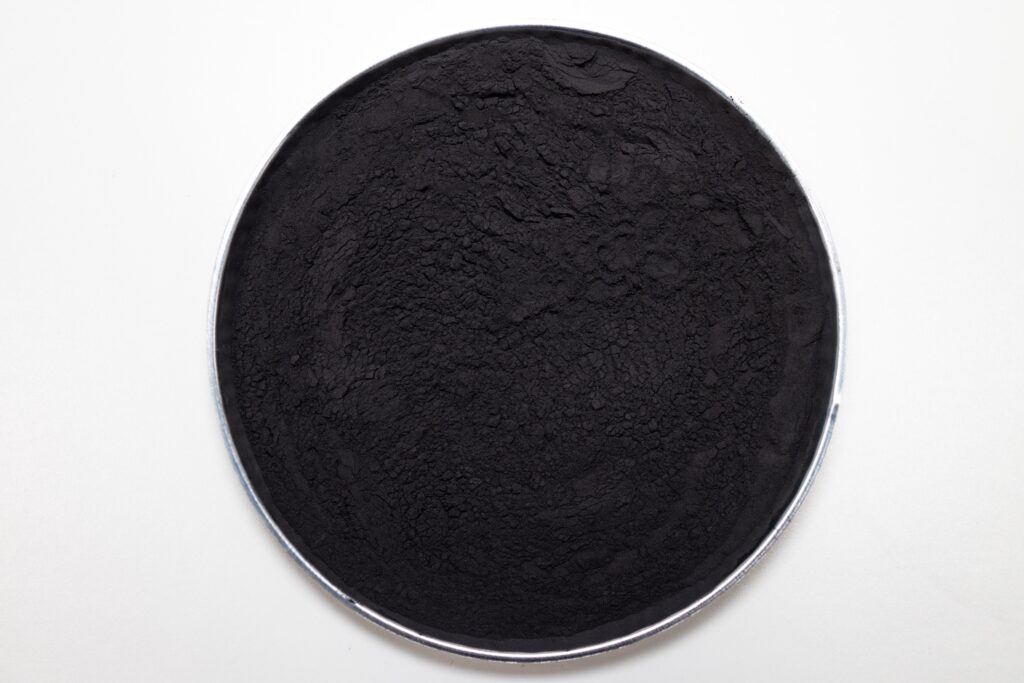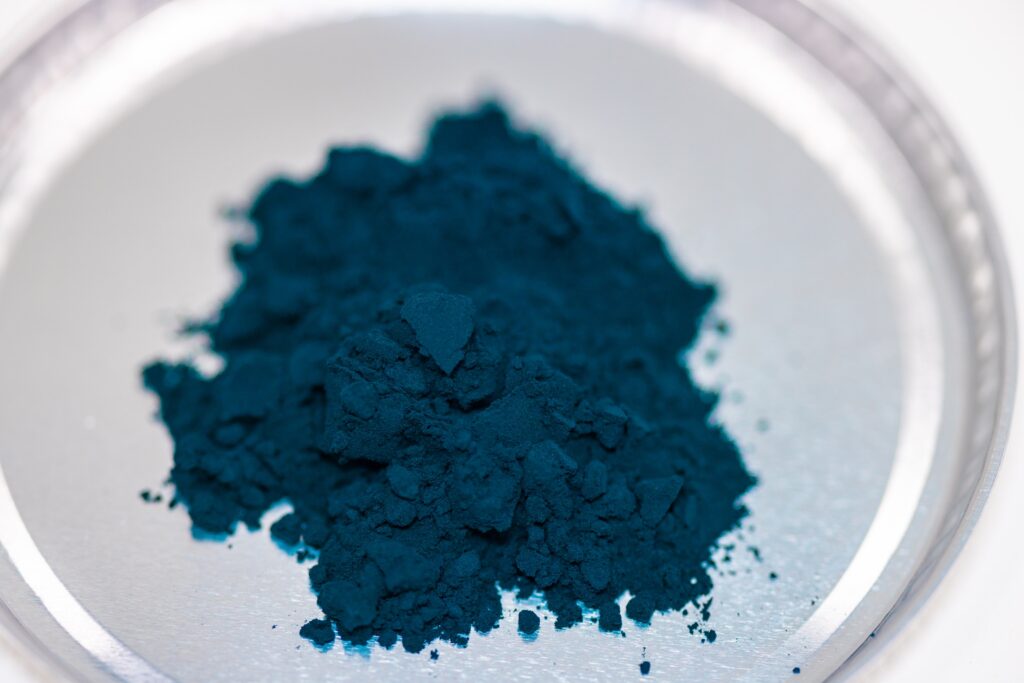Swedish battery manufacturer Northvolt announced a significant advance in sodium-ion battery technology for renewable energy storage this week.
The company validated prototype cells demonstrating an energy density exceeding 160 watt-hours per kilogram (Wh/kg) – on par with commercial lithium iron phosphate batteries.
Northvolt’s cells utilise hard carbon anodes paired with cathodes comprised of Prussian white sodium-ion-containing pigments. Batteries have two electrodes – a positive cathode and a negative anode.
These electrodes store and release ions to generate electricity. In Northvolt’s sodium-ion battery, the Anode ( The negative electrode is made of hard carbon, which is an abundant, low-cost material. It stores and releases sodium ions ) while the Cathode ( The positive electrode stores sodium ions and is made of a material called Prussian white pigment. This pigment contains sodium, iron, carbon and nitrogen. So, it also uses affordable and readily available components, not expensive metals ).

ABOVE: The anode is a biobased hard carbon

ABOVE: A material called Prussian White will be used for its sodium-ion cathode.
The active materials used contain no cobalt, nickel, or lithium – enabling drastic cost reductions compared to lithium-ion batteries at scale. Thermal runaway temperatures over 200°C improve safety margins substantially as well.
Stationary storage tech like this has the potential to stabilise electricity grids as more significant amounts of intermittent wind and solar generation come online. By eliminating risky failure modes and significantly lowering battery costs, Northvolt’s sodium-ion prototype could be a pivotal technology step toward enabling widespread renewable energy deployment.
This new sodium-ion builds on years of Prussian white cathode materials research by partner company Altris AB. Last October, Altris unveiled cells with energy densities approaching 160 Wh/kg, paving the way for Northvolt’s successful industrial prototype.
Now that the company has validated this milestone, Northvolt believes it is positioned to move the technology forward into commercialisation, beginning with pilot demonstrations in 2024.
We hope that Sodium-ion’s cost and safety advantages will spur adoption across global regions seeking to transition toward renewable electricity. Advancements today will catalyse broader sustainable energy infrastructure for tomorrow.
TLDR:
- Northvolt validated sodium-ion battery cells exceeding 160 Wh/kg energy density
- The prototypes use abundant, low-cost materials like sodium, iron and carbon
- This chemistry demonstrates substantially improved safety and cost savings over lithium-ion
- Sodium-ion technology will enable scaled-up renewable energy storage
- Northvolt partnered with Altris, who developed the cathode technology
- Commercial pilots to begin in 2024, catalysing sustainable grid infrastructure








